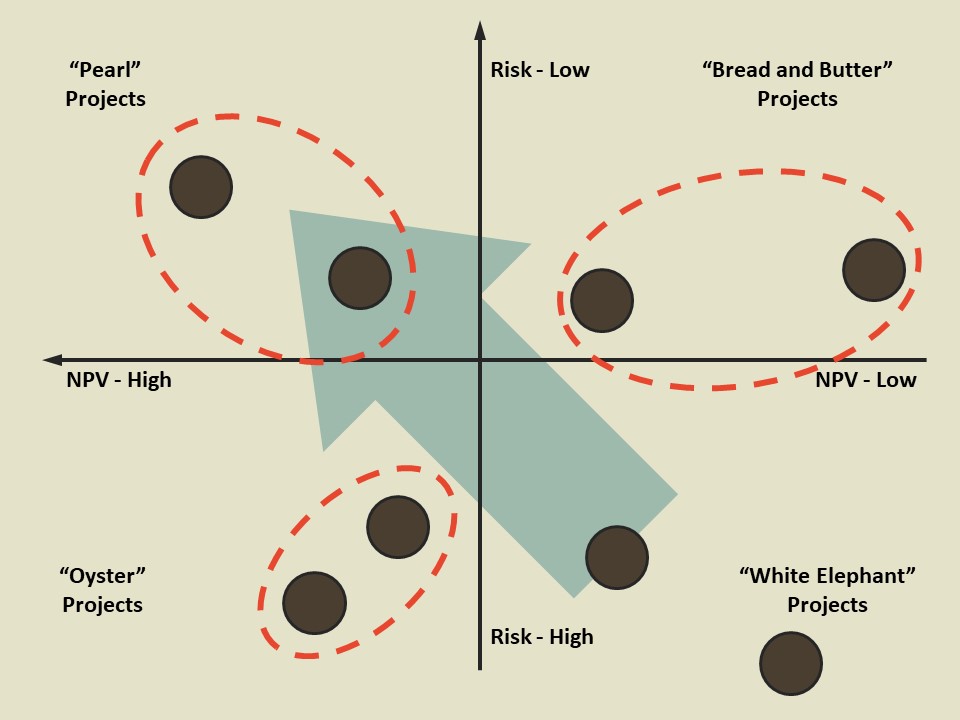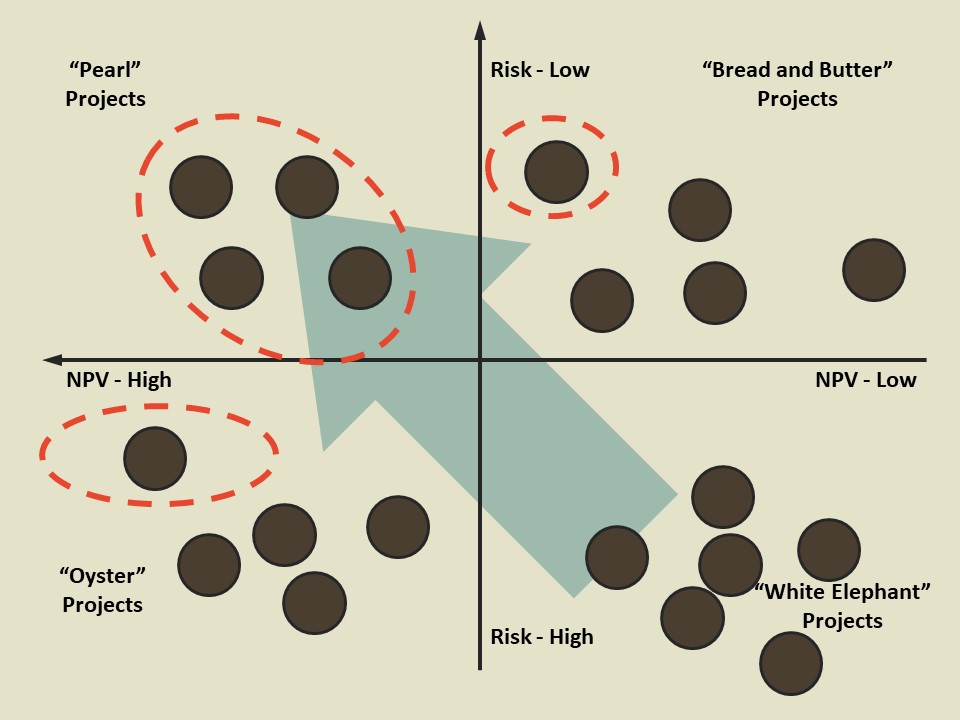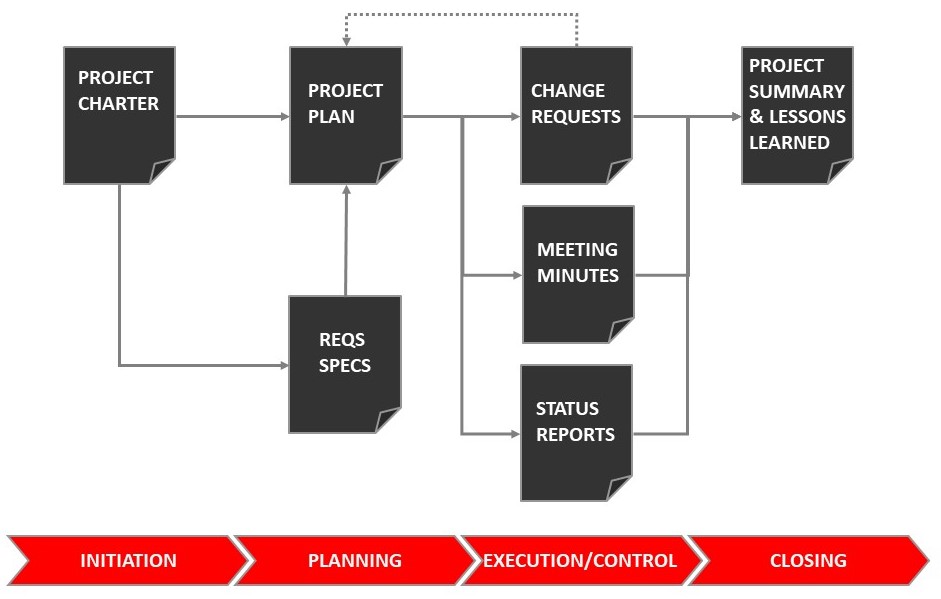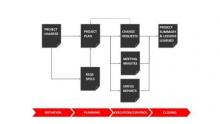News - 50% Off Sale For All Of My Courses
Submitted by Jamal Moustafaev on Thu, 08/17/2017 - 11:01Hi guys,
I have just reached a significant milestone. Literally a few days after announcing my new online learning platform we are nearing our 100th student! To commemorate this event, I am offering a 48-hour sale where all of my classes will be sold at a 50% discount. Similar courses received a rating of 4.7/5 on Udemy.
All you need to do is comment something along the lines of “Interested” or “Yes” and I will PM you the link.
The 100th person to take a workshop will receive FREE access to any course of his/her choice!
Some of the courses available:
- PROJECT MANAGEMENT
- PROJECT PORTFOLIO MANAGEMENT
- PROJECT MANAGEMENT CASE STUDIES
- PROJECT PORTFOLIO MANAGEMENT CASE STUDIES
- TROUBLED PROJECTS RECOVERY
- ADVANCED BUSINESS ANALYSIS
Also, please:
1) Share this
2) Like this
3) Tag your friends or managers who may benefit from it
4) Leave a review
Thanks in advance!










